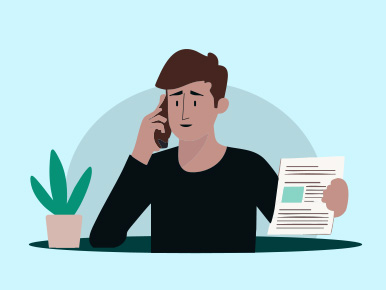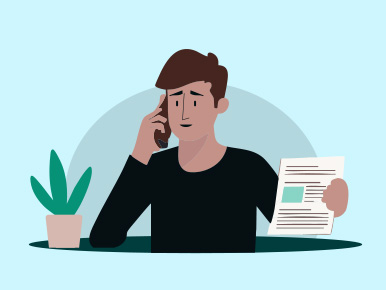Do you ever feel like work is starting to take over your life?
Between messages on your phone in the evenings and emails that arrive over the weekend, it can sometimes feel like it’s hard to get any time off.
Here are four ways you can boost your work-life balance.
Don’t be afraid to say no
It’s only two letters, but a lot of people find “no” a hard word to say, particularly at work.
If you know you’re a bit of a people-pleaser and prone to sacrificing your own time (and happiness) to get your job done, learning to push back may be something to put at the top of your to-do list.
According to this article on Seek, it’s important for people not to be afraid to stand up for what is sustainable and achievable in normal working hours.
While you want to help where you can, saying no to new projects from time to time or extra commitments can make a big difference.
Make use of your out-of-office reply and email signature
Setting expectations of those around you is a big part of achieving balance.
Many of us feel pressure to respond to messages and emails at all times of the day. But do the senders really expect you to be working during your so-called free time?
Strike a balance by making clear when people should expect to hear from you. Maybe your email signature explains your working hours, or you set up an out-of-office response when you’re signing off for the day, letting emailers know when they can expect to hear from you.
Have a designated work space
Working from home can offer a lot of flexibility, but it can also lead to work encroaching into many aspects of your personal life, particularly if you’re doing it at the kitchen table.
It might help your work-life balance to set up a specific area of your home for work. When you get to the end of your workday, you switch work mode off and leave that area. As this home office guide outlines, it could just be a quiet corner.
Plan activities for your spare time
If you want to load more life into your work-life balance, a great next step could be to schedule some activities that you love.
Plan things with your family and friends, and turn off your devices for a period each evening to really relax. Some experts suggest implementing a routine that has set time for you each week that is completely unrelated to your work.
Why it matters
Over time, too much work and not enough downtime can add up to burnout.
People for whom work is taking over tend to be less productive, and much more stressed. It can also cause physical problems, too. One study found that white-collar workers who put in three or more hours longer than required had a 60% higher risk of heart problems.
It might seem counterintuitive, but working less – or at least in a more sustainable way – can lead to better financial and career outcomes overall because you’re more able to give your best and perform at the top of your game.
So make time to unplug, turn off and step away from your desk from time to time. You might be surprised at how much better you feel.
Like to talk?
If it’s time for a check-in with our team, give us a call. We are available to talk through any of your insurance needs and help you work out whether your cover is still giving you the most appropriate protection for your circumstances.
Disclaimer: Please note that the content provided in this article is intended as an overview and as general information only. While care is taken to ensure accuracy and reliability, the information provided is subject to continuous change and may not reflect current developments or address your situation. Before making any decisions based on the information provided in this article, please use your discretion and seek independent guidance.









